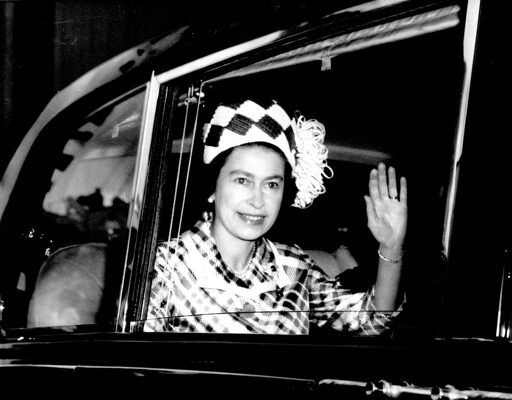from AcidiclyBasicGlitch@sh.itjust.works to world@lemmy.world on 12 Nov 07:02
https://sh.itjust.works/post/49655444
It is 50 years today since the Australian governor-general, Sir John Kerr, dismissed without warning the elected Labor government of Gough Whitlam.
For decades after Whitlam’s dismissal, a disarmingly simple narrative had been locked in place, which kept the role of the queen and the Palace courtiers out of public view.
The narrative from that Nov. 11 day in 1975 was that Kerr had reached a lonely and isolated decision and that he had had no other option in the face of the Opposition’s blocking of supply but to dismiss the government.
The queen’s then deputy private secretary was an Australian, Sir William Heseltine, and he stated: “The Palace was in a state of total ignorance.” In reality however, nothing was quite so simple, nor as constitutionally proper.
Thanks to a series of archival declassifications, what has emerged reveals a complex web of deception, collusion, and denial in which the Palace was deeply and undeniably involved.*
Following a four-year High Court legal battle, the declassification and release in 2020 of the secret Palace Letters between the queen in England, and the governor-general in Australia, turned that history on its head.
The letters confirmed that the queen through her private secretary Sir Martin Charteris, discussed the possible dismissal of the government with the governor-general and advised him on the use of “reserve powers” to do so, against the advice of both the Australian solicitor-general and attorney-general
No respectable historian or journalist could now accept that the queen had “no part to play” in the dismissal of the Whitlam government as the protectors of the royal family in Buckingham Palace continues to claim.
Having now the benefit of the Palace Letters in their entirety, Heseltine’s claim of the “total ignorance” of the Palace is simply staggering.

#world
threaded - newest
I’m not Australian so struggled with some of the language (e.g. ‘supply’) so I found this, which gives a little context.
peo.gov.au/…/australian-parliament-history-timeli…
That’s a gem of a link! Thank you!
From someone who lived in Aus for 5 years I still learnt a lot!
You’re very welcome. Glad it was useful.
So Australia, being a country formally ruled by a crown but governed parliment-style via legislative majority with a designated royal proxy, had the people of said “emergency fallback spare government” talk to each other before actually doing one of the only things they’re still allowed to do?
Was the royal governor thrown in jail? Was the claimed non-involvement of the queen with someone whose literal job was to act in her name used to argue against abolishing the crown of Australia and changing to a formal Republic?
I don’t see the scandal here. If my country’s infamous president claimed that, say, the senate-confirned secretary of defense reached a conclusion on his own but they were discreetly in communication it might at worst be embarrassing, but hardly scandalous.
Is this a weird Australian thing or a weird British thing?